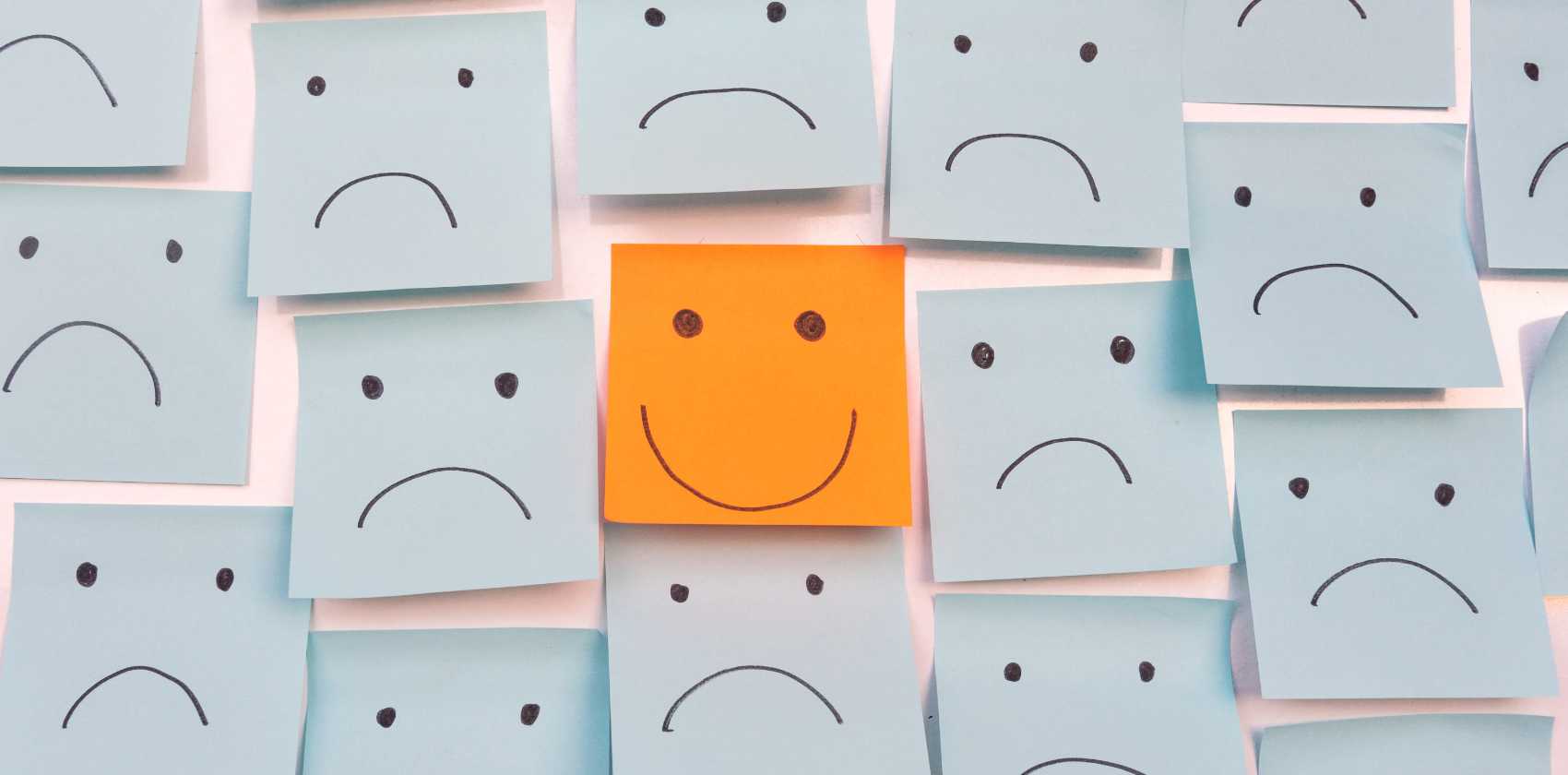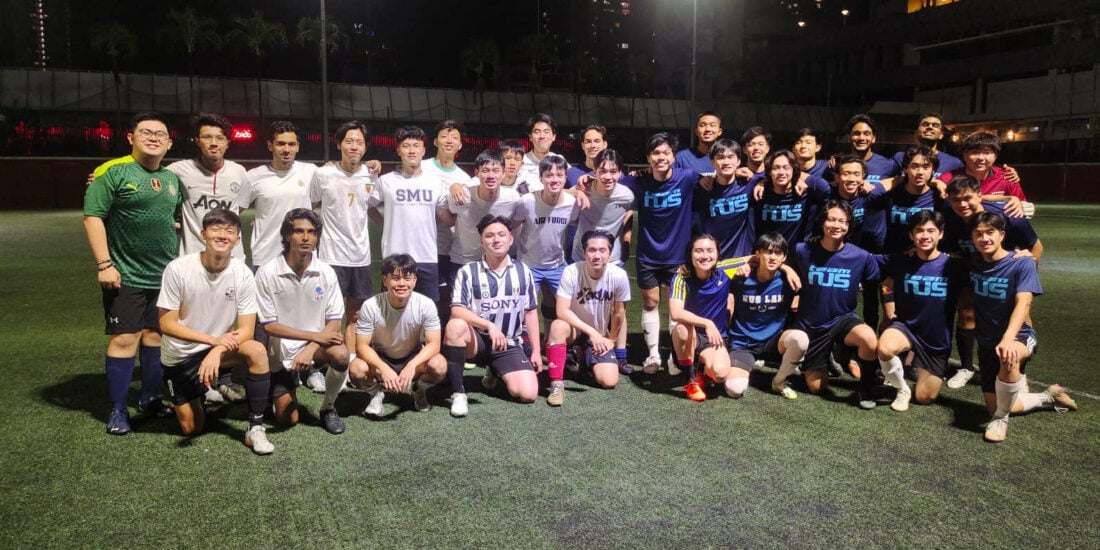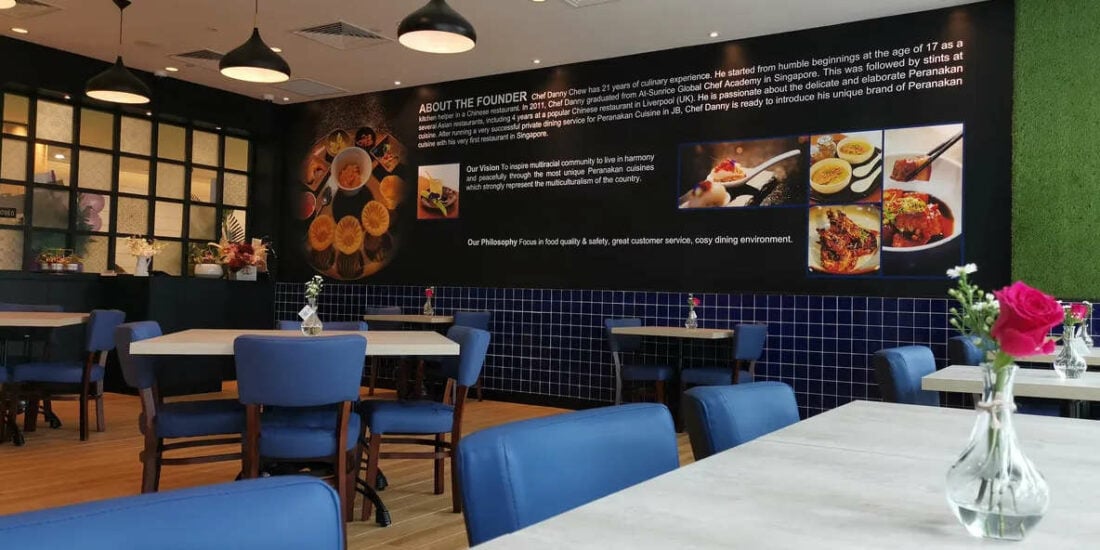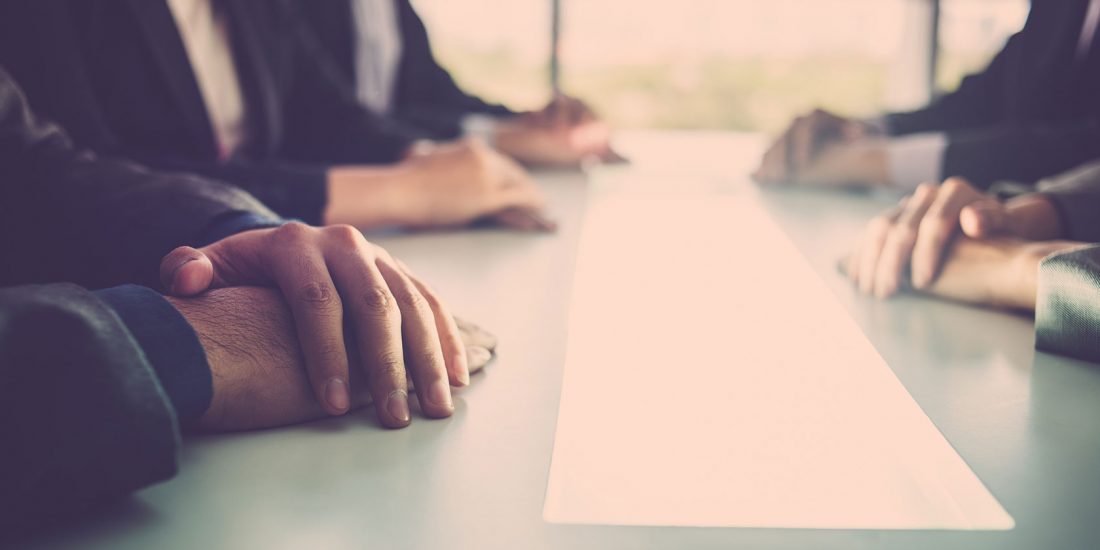
It’s Ok to Not be Ok
And we are not ok. The toll of the pandemic is taking its course with more and more people admitting to struggles with mental health. Economic stressors, endless lockdowns, the stresses of working from home, in close proximity to others, and of home-based learning are all taking their toll.
As a lawyer, you are in fact more likely to not be ok. Whether it is because of the vicarious trauma that you may suffer as a result of your interaction with troubling and complex cases and clients, the culture of long hours and working predominantly in isolation, or the collective trauma we have all suffered as a result of COVID 19, the evidence tells us that a lawyer’s social, personality and work factors are more likely to lend themselves to anxiety, depression, problematic drinking and prescription pill abuse. If you are a female lawyer, you are more likely to experience mental health problems and engage in high risk drinking, and in fact, one in four persons may be considering leaving the profession due to stress and burnout concerns brought on by work-family conflict. Men who overwork are also twice as likely to contemplate leaving the profession at this time for mental health reasons.
Lawyers have also been identified as a high-risk group for substance use disorders, and many rehabilitation facilities in the US cater to this particular niche. A well-known study by the American Bar Association and Hazelden Betty Ford Foundation found that 21 per cent of lawyers admitted to alcohol issues, and in follow up screening, this number increased to 36 per cent. Alcohol accounted for almost 95 per cent of substance use disorders among lawyers in this same study, but increasingly lawyers also struggle with prescription and illicit drugs as a way to gain a competitive edge, to stay awake, to alleviate stress, to sleep or cope with other elements of mental health issues.
The very same factors that make you an excellent lawyer are unfortunately associated with many of the same factors that behaviorists believe lead to substance abuse. Perfectionism, and a desire for justice are often caused by the same factors that lead to addiction – trauma, abuse, neglect. Add to this vicarious trauma from the challenging cases that may arise every day, and the collective trauma that humanity is facing in the face of a global pandemic, and you have the perfect conditions for potential substance use disorders and dependence.
If you feel that the things you turned to in order to self-soothe or medicate are no longer working to your benefit, then it’s time to think about asking for help. The stigma of asking for help is perhaps at an all-time low – stigma feeds on denial and ignorance, and in present times, mental health, well-being and wellness are at the forefront of every employer’s mind. Or should be. If you feel unable to ask for help from your employer, ask to talk to a friend or external counsellor, or avail yourself of the free, readily available 12 step Alcoholics Anonymous or Narcotics Anonymous programmes found here in Singapore. Talking about a problem is the first step in dropping the façade of invulnerability, and once done, there are numerous resources to access in order to strengthen individual resilience and the resilience of your practice. Psychiatrists and general practitioners will also be able to prescribe medication in the event that pharmacological support is required.
In the meantime, we discuss below some tools and practices that are important for mental health and well-being. These are small, simple changes in behaviour that can result in amplified effects if practised consistently, and strategically. They are designed to bring awareness to your actions, to observe your thoughts and behaviours and allow for change, and to ramp down your central nervous system so that you move away from the state of high alert that trauma brings, to a more grounded awareness and state of mind. They may seem facile to the novice, however, many of these simple habits and acts have been shown to increase our happiness by as much as 50 per cent. Many are simply life changing.
Meditation – Meditation brings us stillness and an ability to sit with ourselves, our feelings and our sensations. Meditation is not so much the absence of thought, but the awareness of our thoughts and this allows us to choose where we put our focus. Meditation increases our capability to live in the present and has been shown to have a direct link to happiness. Meditation may take the traditional form, or may be found in yoga and other activities such as a walking or even running meditation. Start with an app such as Headspace or Calm, and try to meditate for three minutes every morning.
Exercise – Exercise activates the brain’s reward centres – the system of the brain that helps you anticipate pleasure, feel motivated, and maintain hope. Regular exercise helps to remodel the reward system, increase dopamine and dopamine receptors. It can also have a positive impact on our self-esteem, and develops our physical and mental strength. If we know we have the strength to run the next mile, to lift the next weight, to do the next pushup, we are in turn able to access our resilience, which helps us get through the challenges of the day to day. Commit to 20 minutes of walking three times a week, preferably outdoors.
Connectivity/Friends – When we isolate isolate ourselves our world gets smaller and smaller. We don’t go out, we lose our friends, and we lose our ability to engage and interact with the world around us. Community and connectivity are part of what it means to be human. Increasingly, both community and connectivity have been shown to play an enormous part in our happiness. The ability to be vulnerable with another person or persons allows us to live a more courageous and wholehearted life. We may wish to find new friends who are sober, or who share our same values and community. Aim to meet with friends and family at least three times a week.
Learning/New Activities – We may feel as if we are stuck, and we need to find new ways of living. We need to find out who we are, what we like, what we don’t like, what we are good at, what we can do. Learning develops our self-esteem and our confidence. It develops our inner strength and helps us discover who we are. As a bonus, if we are learning in a group environment, we develop our sense of connection and community. Try and find one new thing you can learn a week – take a music or art class with friends, read a new book, or learn to knit! Whatever takes your fancy.
Gratitude – People who regularly practice gratitude experience more positive emotions, feel more alive, sleep better, express more compassion and kindness, and have stronger immune systems than those who do not. Writing in a gratitude journal every day can significantly increase our happiness and wellbeing. Simply thinking of three things a day for which we are grateful will not only increase our happiness over time, it will also develop our ability to stay in the now, and to practise mindfulness, all of which as we have seen, are important components of behavioural sobriety. Buy a journal and spend three minutes a day writing down all the things you are grateful for!
Acts of Service – We may be living self-involved lives. Service work and acts of service allow us to step outside of ourselves, to engage with and to help others. It develops our ability to think outside the bounds of self and develops our ability to have compassion for others (and ourselves). Acts of kindness to others have a corresponding positive effect on our own happiness. Volunteer at a charitable organization or at work, create a litter picking group in your neighbourhood or simply be still and listen to a friend.
Celebration and Recreation – The pandemic has reminded us now, more than ever, to reconnect with joy, happiness and self-compassion. We can start to nurture our ability to be kind to ourselves and reconnect with ourselves, with our family, with spontaneity, with joy and with happiness. Try and schedule one act of celebration or recreation per week.
Prayer -Prayer can be challenging for those who do not believe in organised religion; for others, however, you can say a prayer to your higher power or a deity that you believe in, to confide your concerns and seek guidance. During this pandemic, many of us have lived in fear, and prayer reminds us to practise faith. If you are able, say a prayer before you go to sleep each night.
It is ok not to be ok, and it is ok to admit to our challenges, so that we can get help, or help ourselves and others. If things are not ok for you, and if you are worried about your or someone else’s state of mental health, approach a professional to support you. We are here to help.






